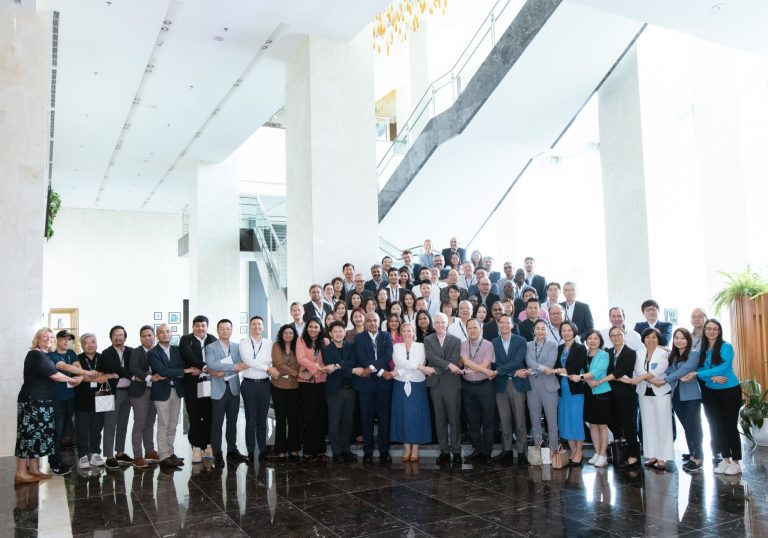Happy New Financial Year! As we embark on the new tax year, we must be aware of the significant super reform changes that came into effect starting from 1 July 2017. To ensure a comprehensive understanding of the new regulations, it is advisable to consult a tax accountant who can provide an overview of the updated rules.
Transfer Balance Cap (“TBC”) for Retirement Phase Accounts
- $1.6m transfer cap balance now limits the amount held in the pension phase and receiving tax-free earnings
- if you exceed your TBC and do not take steps to rectify this immediately, then Excess Transfer Balance Tax may apply
- different rules apply to individuals in receipt of defined benefit income streams
Reduced Contribution Caps – Concessional and Non-concessional
- the concessional cap is $25,000 for everyone, regardless of their age
- non-concessional cap is $100,000 per year with bring-forward arrangements available
- depending on whether an individual’s total superannuation balance is more outstanding than or equal to the general TBC of $1.6 million at the end of 30 June 2017 and/or their non-concessional contribution history for the past two years (2015/16 and 2016/17), this will impact their 2017/18 annual cap and bring forward transitional non-concessional contribution cap
Personal super deductions of up to $25,000 will be available to most individuals < 75 years old as the 10% test has been removed
- work test must still be met for those aged 65 to 74 years old
- documentation must still be completed in writing and lodged on time to ensure you are eligible to claim the deduction
Restrictions on accessing Transition to Retirement (“TTR”) pensions
- the earnings on assets supporting a TTR will no longer be tax-free and will be taxed at 15%, regardless of their commencement date
- payments from a TTR can no longer be classified as lump sum payments
Transitional CGT Relief
- transitional CGT relief and cost base reset election is available to fund members where they exceed the $1.6m transfer balance cap and reallocate benefits from the retirement phase to the accumulation phase or if they have lost their tax exemption on earnings supporting TTRs
- applicable for assets held on or after 9 November 2016 to 30 June 2017
- special rules apply if the fund had segregated assets as of 9 November 2016
- for CGT relief to be available, the fund’s 2017 income tax return must be lodged on time
Increase in the Spouse Tax Offset Threshold
- if the total of your spouse’s assessable income, total reportable fringe benefits and reportable employer super contributions are under $40,000 (increased from $13,800 in 2016/17) and all other eligibility criteria are met, then a maximum $540 tax offset may be available.
These new rules have changed how superannuation, particularly SMSFs, will be managed, especially with the introduction of the TBC rules.
As such, it is imperative to notify your client manager about changes in your personal circumstances (e.g. change in jobs and retirement) as this can impact your access to your superannuation and eligibility to make contributions.
Kreston Stanley Williamson Team
*Correct as of July 2017
Disclaimer – Kreston Stanley Williamson has produced this article to serve its clients and associates. The information contained in the article is of general comment only and is not intended to be advice on any particular matter. Before acting on any areas in this article, you must seek advice about your circumstances. Liability is limited by a scheme approved under professional standards legislation.














